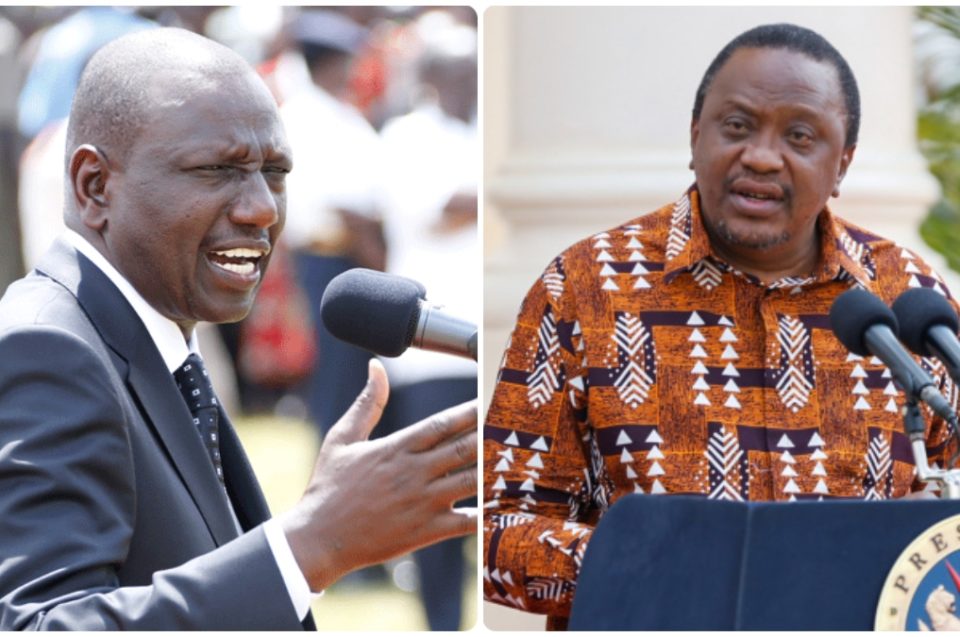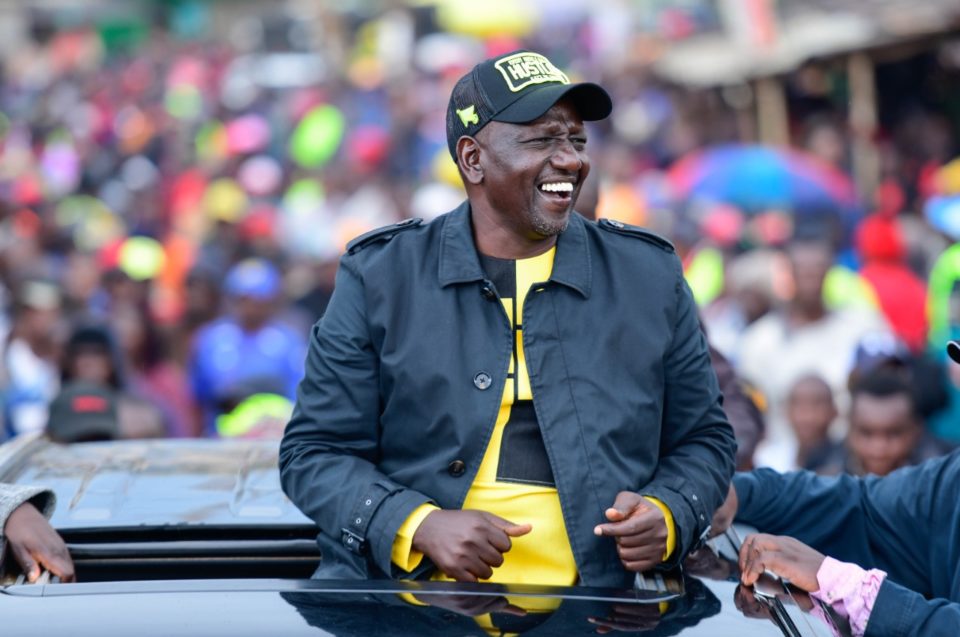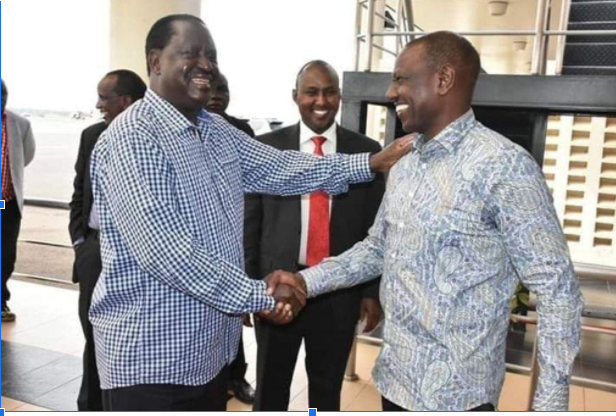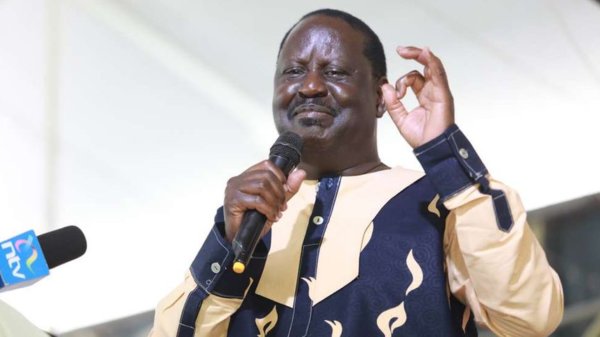
Deputy President William Ruto only has 37 days to resign from the ruling Jubilee party and join the United Democratic Alliance (UDA) to be legible to run for the August 9 general elections.
This is according to the recently amended Political Parties Act, 2021 which says that a political party shall, at least four months before a general election, submit to the Registrar a register of its members and a statement of its assets and liabilities in the prescribed form. Only certified members of the political party shall be allowed to participate in its nominations and subsequently remain legible to be declared as bonafide candidates on the party’s ticket.
Political observers believe DP Ruto faces a difficult choice of whether to resign as the country’s second-in-command and focus on his campaigns, or stay on as the country’s second-in-command and risk a political backlash, like an estranged spouse who refuses to leave the marital home.

Photo of DP William Samoei Ruto during a past UDA rally. Image courtesy
However, the recent amendment has created an unprecedented dilemma of whether Ruto will continue being the Deputy President if he resigns from the ruling party.
According to political analyst Prof Macharia Munene, the fact that there is no law requiring the DP to resign, the onus of deciding whether or not to leave government rests with him.
“By leaving Jubilee and joining UDA does not mean that he loses his position. It depends on him to decide. In any case, it is a period of political realignments and IEBC cannot order a by-election in constituencies where MPs defect to other parties,” Professor Munene told the People daily newspaper.

DP William Ruto has been having a cold relationship with his boss since 2018 when the head of state went into a handshake agreement with ODM leader Raila Odinga.


































































